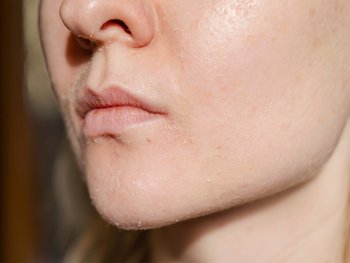How Often to Use a Sheet Mask Based on Your Skin Type
Sheet masks are a popular beauty trend, and it's understandable to want to try them out. However, like any skincare product, it's important to understand how to use them effectively. Sheet masks cater to various skin concerns and benefit different skin types, so finding the right one for you is key. Here's some expert advice on what to consider when using sheet masks, especially how often to incorporate them into your routine.







